
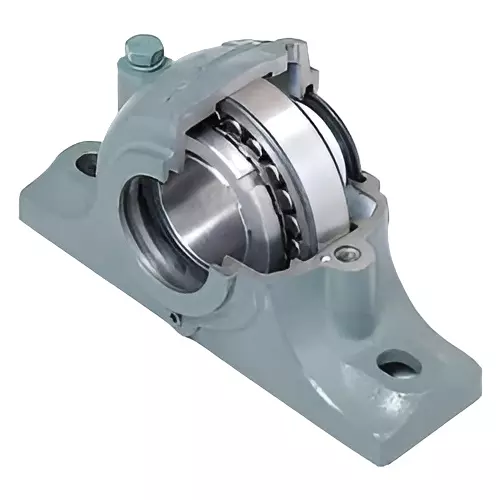
Bearings World is your trusted provider of Plummer Block Bearing UAE, delivering an extensive range of industrial-grade bearings engineered for reliability, durability, and high performance. Our products are designed for diverse applications across manufacturing, construction, automotive, and energy sectors.
With a wide presence in Dubai, Sharjah, and Abu Dhabi, Bearings World provides Plummer Block Bearing Supplier UAE services, including distributors, importers, stockists, and wholesale solutions. We also offer products from leading global brands such as SKF Plummer Block Bearing Dubai, FAG Plummer Block Bearing Sharjah, NSK Plummer Block Bearing Abu Dhabi, and NTN Plummer Block Bearing UAE, ensuring superior quality and longevity.
Why Choose Bearings World?
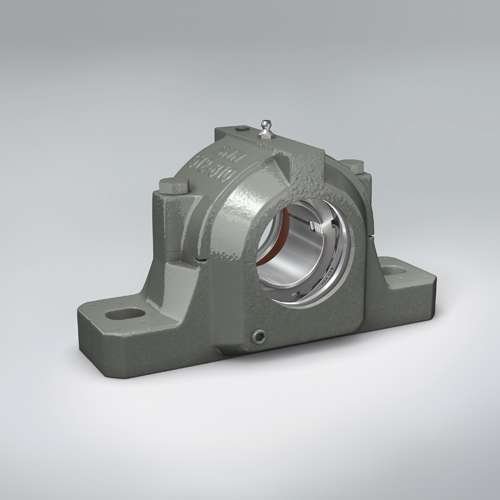
- Reliable Plummer Block Bearing Distributor Dubai, Sharjah, Abu Dhabi
- Access to globally recognized brands: SKF, FAG, NSK, NTN
- Heavy-duty and high-precision bearing solutions
- Expert technical guidance for installation and maintenance
- Wholesale and bulk supply for industrial operations
- Fast delivery across all UAE regions
Our Product Range
- Plummer Block Bearing Dubai – High-performance bearings for industrial machinery.
- Plummer Block Bearing Sharjah – Precision-engineered bearings for heavy-duty applications.
- Plummer Block Bearing Abu Dhabi – Durable and reliable bearings for diverse industries.
- Plummer Block Bearing Supplier UAE – Comprehensive sourcing of premium bearings.
- Plummer Block Bearing Distributor Dubai, Sharjah, Abu Dhabi – Efficient supply chain and timely delivery.
- Plummer Block Bearing Importer UAE – Internationally certified bearings for industrial use.
- Plummer Block Bearing Wholesale Dubai, Sharjah, Abu Dhabi – Bulk supply at competitive rates.
- Heavy Duty Plummer Block Bearing Dubai – Designed for extreme load-bearing machinery.
- High Precision Plummer Block Bearing Sharjah – Ideal for precision and performance-critical equipment.
- Industrial Plummer Block Bearing Abu Dhabi – Engineered for heavy industry and machinery.
- SKF, FAG, NSK, NTN Bearings – Trusted brands offering quality and performance.
- Plummer Block Bearing Stockist UAE & Dealer Dubai – Easily accessible inventory with expert support.
Key Features of Our Bearings
- High load-bearing capacity for demanding applications
- Long-lasting durability and minimal maintenance
- Precision-engineered to reduce friction and wear
- Resistant to corrosion, heat, and harsh industrial conditions
- Easy installation and reliable performance under heavy loads
Industries Served
Our Plummer Block Bearings UAE cater to:
- Manufacturing and industrial plants
- Oil & gas and energy sectors
- Automotive and transportation industries
- Construction and heavy machinery
- Electrical and mechanical engineering applications
- Marine and offshore operations
Advantages of Choosing Bearings World
- Wide range of Heavy Duty, High Precision, and Industrial Bearings
- Trusted Plummer Block Bearing Supplier UAE with verified quality
- Extensive distribution network across Dubai, Sharjah, and Abu Dhabi
- Bulk and wholesale services for cost-effective industrial solutions
- Access to premium global brands: SKF, FAG, NSK, NTN
- Expert support for selection, installation, and maintenance
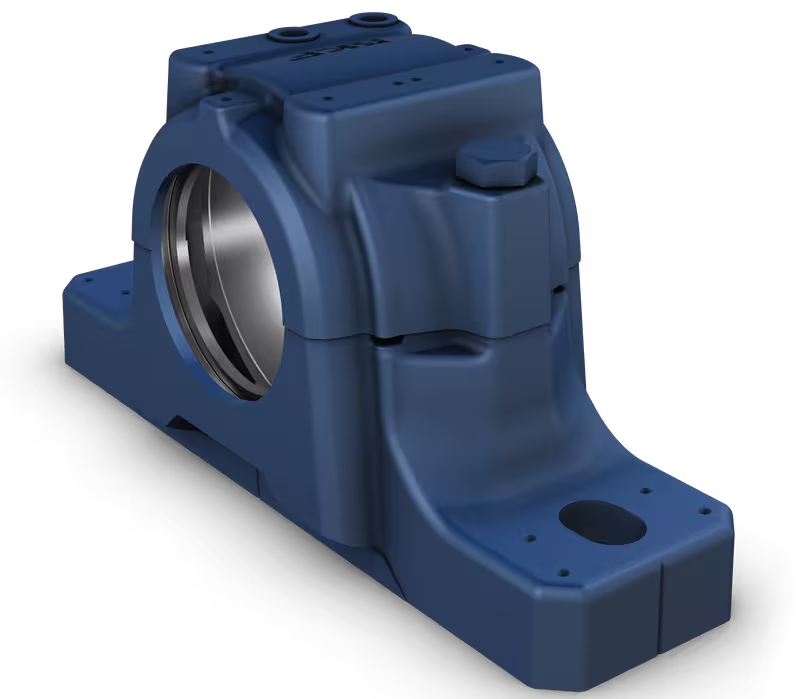
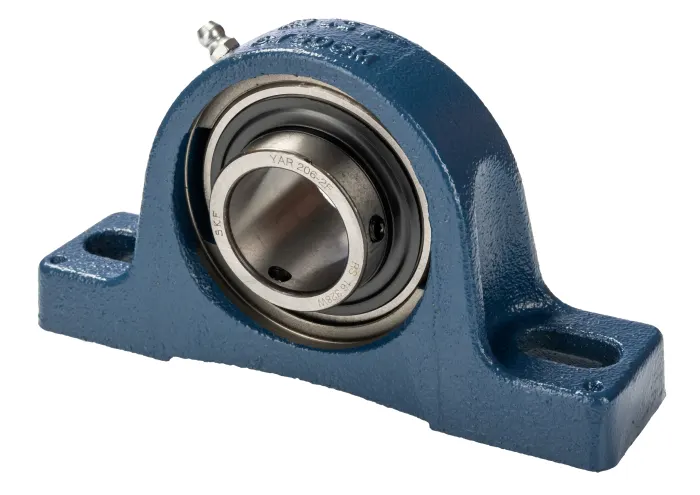
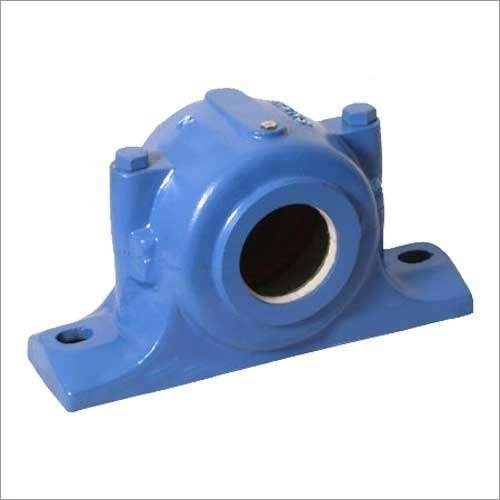

Bearings World Auto spare parts Trading LLC, Sharjah br. hold pride in introducing ourselves as the part of Bearings world group which is one of the leading source for all types of bearings in U.A.E market.
Copyright © 2025 Bearings World. All Rights Reserved. Powered by Adsonz
